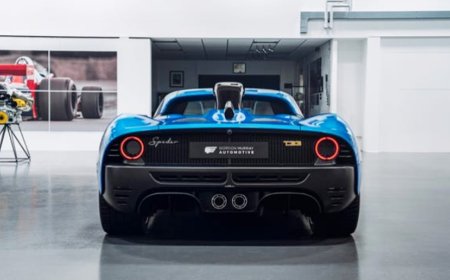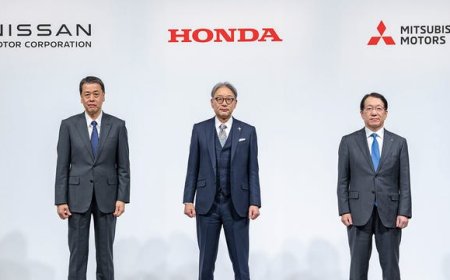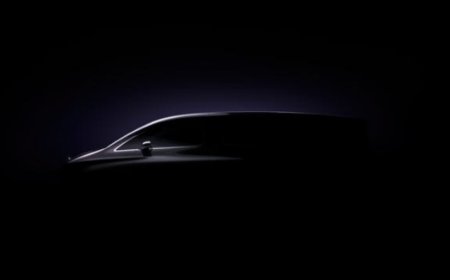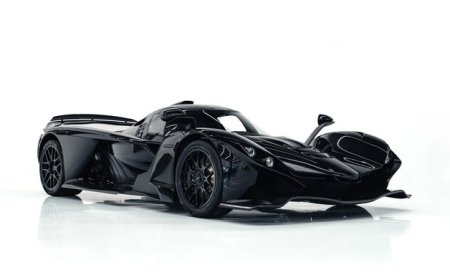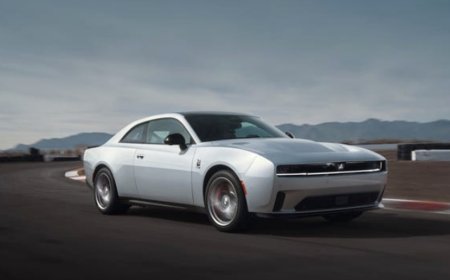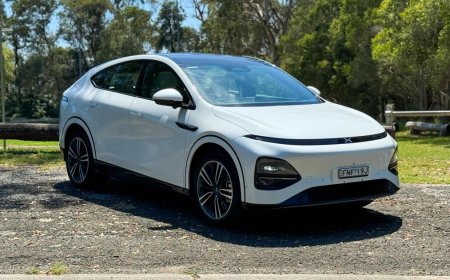Toyota delays Lexus EVs until 2027
Toyota hasn't exactly put its best tires forward when it comes to electric vehicles, and now the Japanese automaker is pushing back production of its concepts.
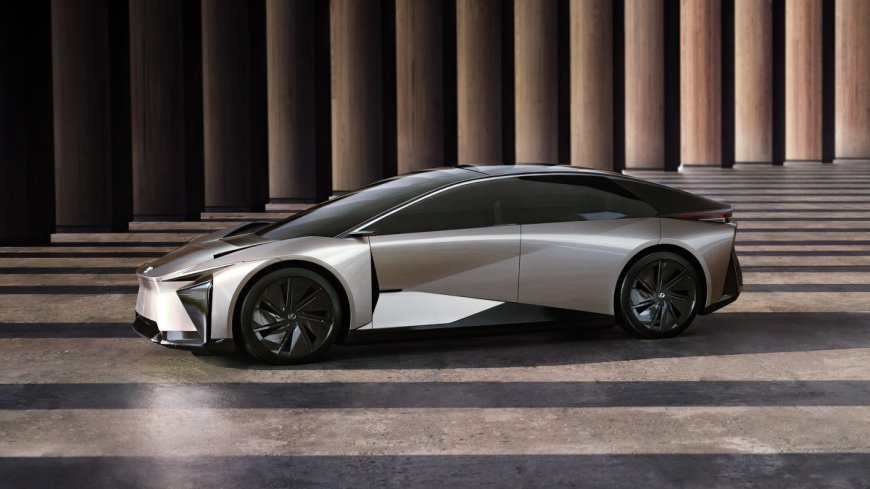
Toyota has been slow on the uptake when it comes to electric models, and now it looks like the automaker is pushing back its EV plans even further. Toyota announced that it would push back the production date of its next-gen Lexus EV from 2026 to mid-2027. Toyota first showed off its new Lexus EV concepts at the 2023 Japan Mobility Show.
Related: Volkswagen strikes deal to avoid German plant closures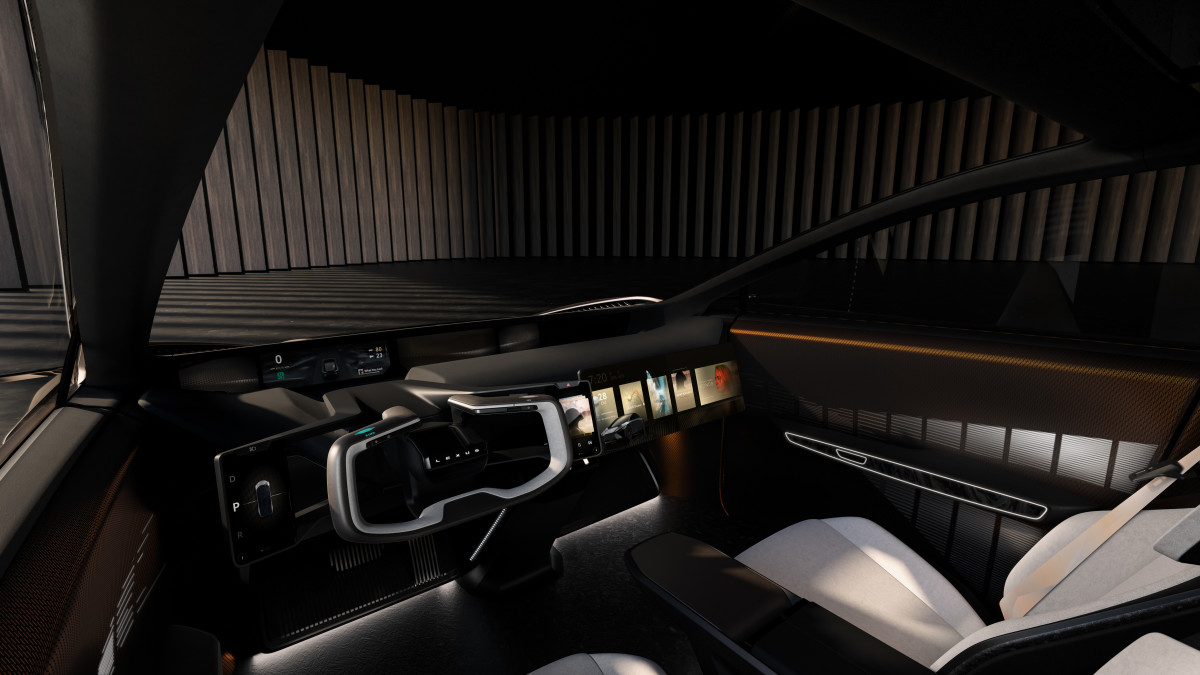
Toyota has big plans for its new EVs
Unlike the Toyota bZ4X and Lexus RZ, which seem more like a half-baked EV attempt simply for the sake of having an EV available, Toyota is going all in on its next-gen Lexus EVs. Citing a desire for a longer development time, Toyota is looking to reinvent the future of Lexus and the EV segment in one fell swoop.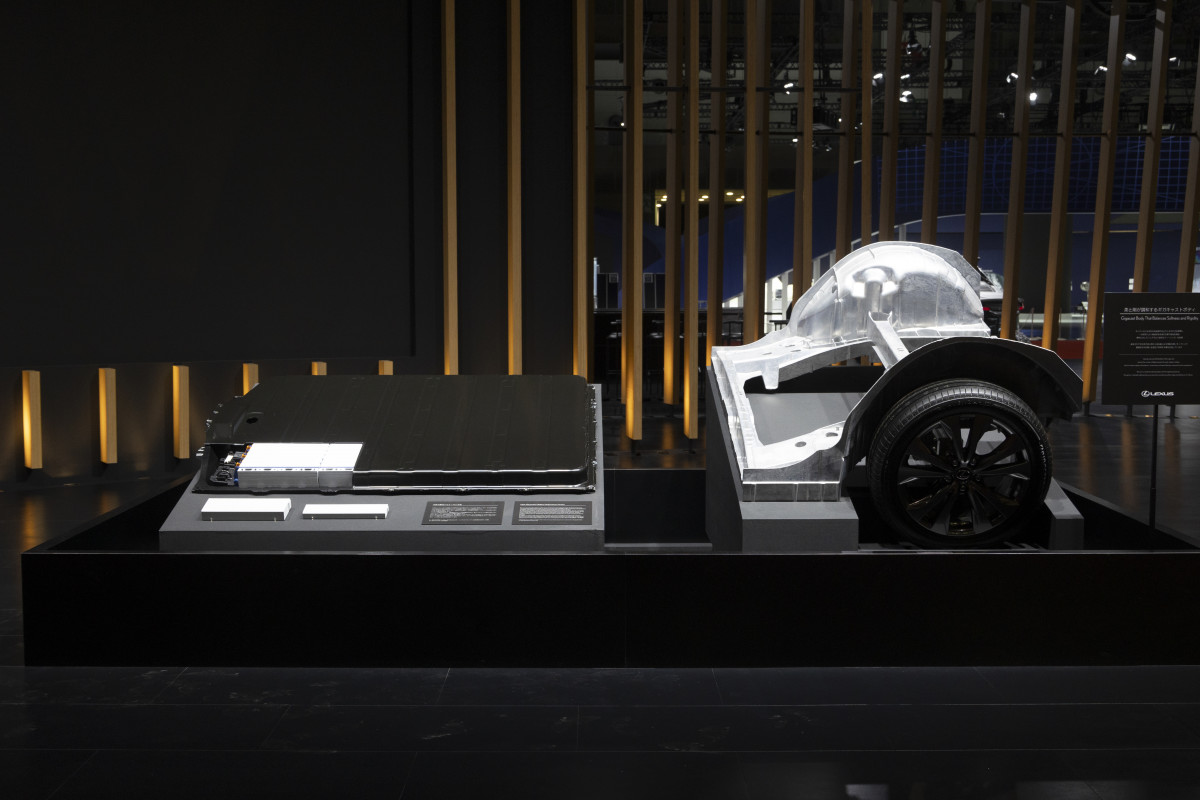
In addition to a new electric architecture, Toyota is planning on pulling out all the stops to raise the bar. The luxury automaker claims both models will feature a battery pack capable of achieving twice the range of the standard electric models. That should put both models comfortably in the 600-mile range at the very least with a claimed 20-minute charge time. Lexus LC-ZC Concept EV
The future of Lexus’s EV lineup will also come with the new Arene OS, which is designed around adaptability. The new operating system will feature an AI called Butler that’s equipped with self-learning functions to customize vehicle settings according to driver preferences. Toyota also made the claim that drivers “will be able to engage in e-sports using steer-by-wire technology.” That can be either terrifying or interesting, depending on how you look at it.
Related: The 2025 Lexus RZ has a much lower starting price than the outgoing model
Lexus’ next-gen EV concepts first debuted in October 2023
Toyota first showed off its next generation of vehicles in the form of the electrified Lexus LF-ZC and LF-ZL concepts at the 2023 Japan Mobility Show. Originally, the LF-ZC was scheduled to launch in 2026, but has now been delayed to mid-2027. The LF-ZL debuted at the show as the brand’s flagship concept, but the Japanese automaker hasn’t set a launch date for it just yet.
The Lexus LF-ZC promises a more innovative electric future for Toyota and Lexus. Bearing a striking style and sitting on a new electric architecture, the LF-ZC is slightly longer than the current Lexus IS sedan at 187 inches long. Perhaps more impressive, however, is its 54.8-inch height, a rather low stance compared to other EVs.
The Lexus LF-ZL is the SUV version of the LF-ZC, but they both ride on the same platform. The electric SUV concept rang in at 208.7 inches long and features a 131.9-inch wheelbase. Interestingly, Toyota has trademarked two other names as well, LF-ZV and LF-ZA, so the Japanese automaker clearly has more concept vehicles in store for the EV segment.
Related: Jeep did what? Wrangler automatic back after fans revolt
Final thoughts
Toyota’s late to the EV game, at least in the United States, and pushing back its EV concepts even further isn’t a good look. While the automaker clearly wants to launch with S-tier EVs, the rest of the automotive world is making advances of their own. The Toyota bZ4X and Lexus RZ aren't exactly inspiring confidence among consumers as it is.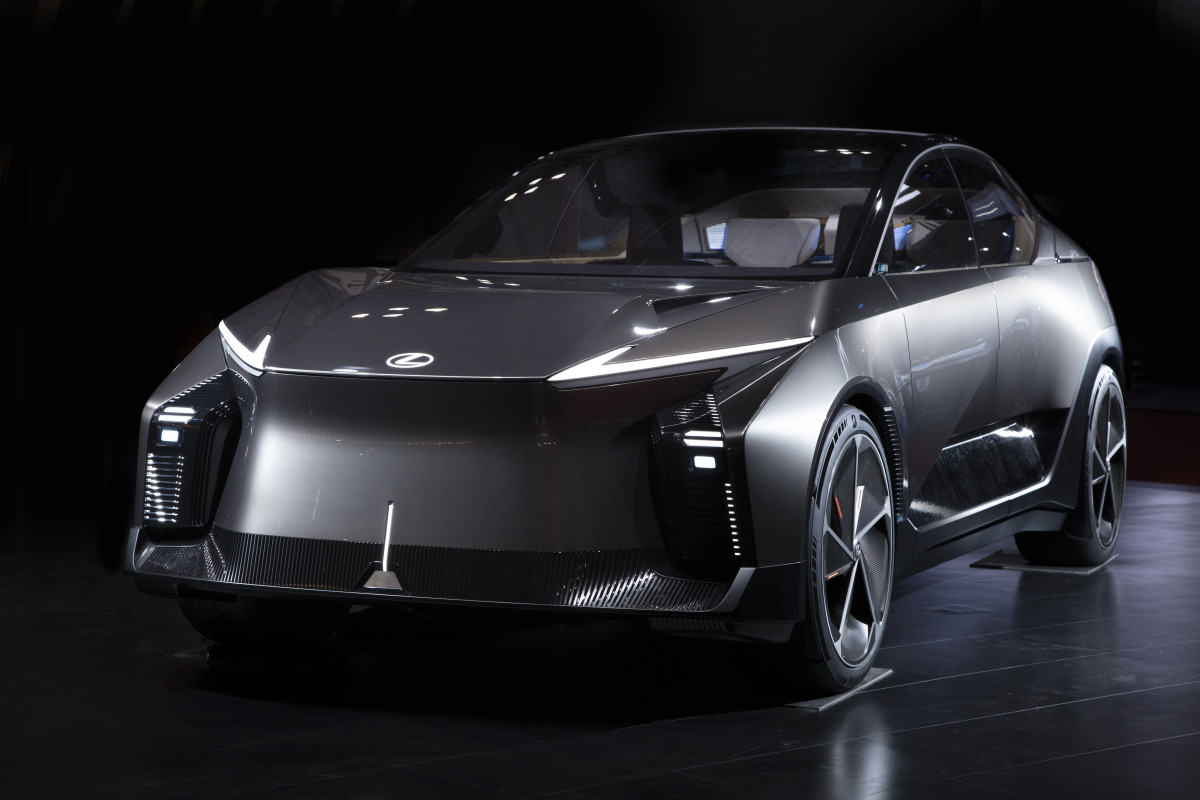
Then again, this is Toyota, which revolutionized the automotive world with the hybrid Prius more than two decades ago, so I’m not counting them out just yet. Even so, the Japanese automaker already has plenty of ground to make up, and that gap will only get wider as more Chinese automakers enter the arena.
Toyota’s new EVs better be some of the most innovative the world has ever seen once they finally make it to the production line. After all, time is an important factor in the EV race.
Related: Toyota's EV game plan: Why they're ignoring the U.S. (for now)
